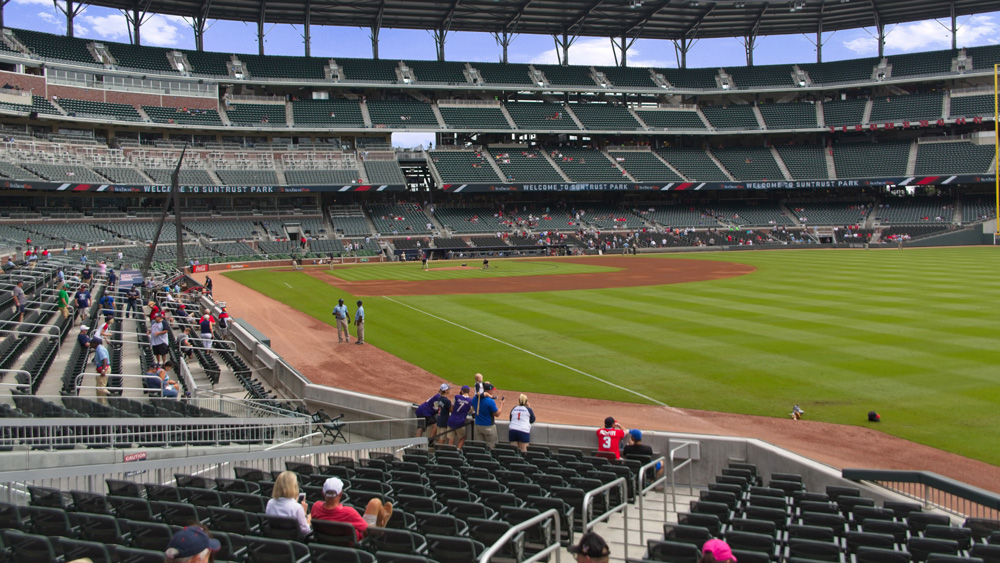Recently, Major League Baseball initiated its fourth ever ‘lockout.’ A MLB lockout essentially means that players cannot play, practice, use team facilities, or otherwise officially act as baseball players. It is not, however, a routine break from the game. What the lockout is, according to the MLB Players Association, is the owner’s choice, plain and simple, specifically calculated to pressure players into relinquishing rights and benefits. The MLB lockout came at the expiration of the MLB’s Collective Bargaining Agreement (“CBA”) with the Players Association. The CBA sets the terms of everything from rules of play to salary caps to meal money allowance during away games. Players are, however, employees and, with the assistance of employment and sports attorneys, have the right to contest what they consider to be unfair treatment, including unfair pay and compensation.
While many criticize the players for fighting for more money, even though they are already millionaires, the reality of MLB salaries is much bleaker for most players. In fact, while the MLB just had its 17th consecutive season of record-breaking revenue, the average salary for players has in recent years been steadily decreasing. Some players continue to make enormous salaries, 14 players actually make more money, individually, than the Pittsburg Pirates pay their entire team, which largely drives the perception that the Players Association is acting on behalf of player’s greed. Despite these outliers, the data is clear: players are making less, as owners make more, which is the reason for this MLB lockout.
The MLB has a long, unique history in labor law. For one, the MLB is the only professional sport that enjoys an antitrust exemption – quite literally, because the 1922 Supreme Court liked baseball so much, they enshrined it the only sports antitrust exemption in Federal Baseball Club of Baltimore, Inc. v. National League of Professional Baseball Clubs. The CBA, however, is now the controlling ‘law’ governing contracts in baseball, which is why both sides are fighting over it with employment attorneys.
The players want greater financial protections and are negotiating leverage and protection, which caused this MLB lockout. For one, they want the ability to begin salary arbitration after 2 years instead of 3. Typically, employees do not want to engage in arbitration, as it unfairly benefits employers, but, because of the antitrust exemption, the MLB has been able to cap all player’s salaries for the first 3 years they are in the Majors. After 3 years, they can arbitrate for more; this is one of the reasons why the most recent CBA expired, because the Players Association thought this 3-year restriction was unfair. Sports and employment attorneys play a key role in advocating for a reduction in the 3-year restriction, as well as other issues important to players.
Another issue the players are fighting is ‘tanking.’ MLB teams in recent years have been ‘rebuilding’ by losing games in an effort to secure better draft positions after the season ends. The players contend that this leads to lower salaries. Fans are disheartened to see their teams play so pitifully. And, the end result is that the players see their paychecks reduced so that owners can bring in younger talent, pay them the minimum MLB salary, and then do it all again in three years.
While baseball has unique language and history in labor and antitrust law, this MLB lockout really amounts to a typical strike: players will not play, owners will not pay. While many fans are upset that their favorite players may not be playing at the start of the season, the likelihood that the lockout persists until opening day is minimal. Regardless, the players are exercising their right to fair pay, and while it is much more profitable than most occupations, there is still unfair pay disparities for young players who are not superstars. The Players Association is not fighting to get Mike Trout $500 million as opposed to his already $426.5 million contract, they are fighting to ensure that all players can receive fair and equitable compensation while trying to increase the potential of those players to advocate for more money in the future. Employment attorneys, including Dallas employment attorneys, play key roles in this fight.
All employees deserve fair pay. If your employer has not been paying you fairly, contact one of our employment attorneys today.
